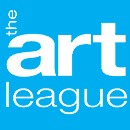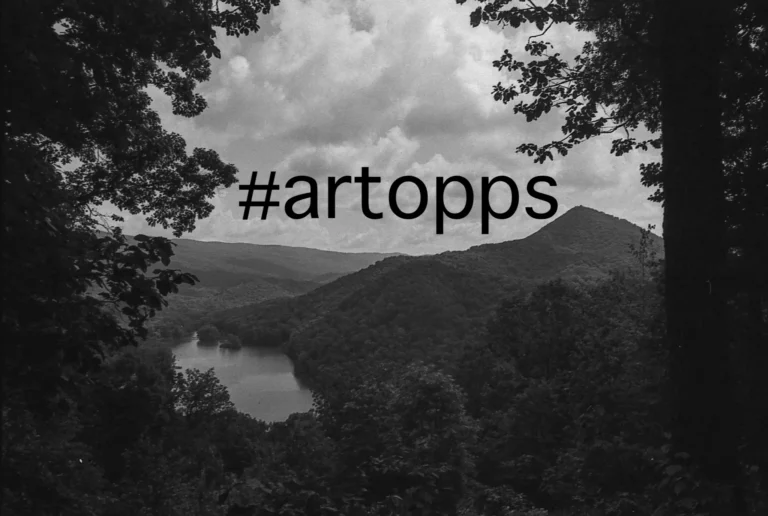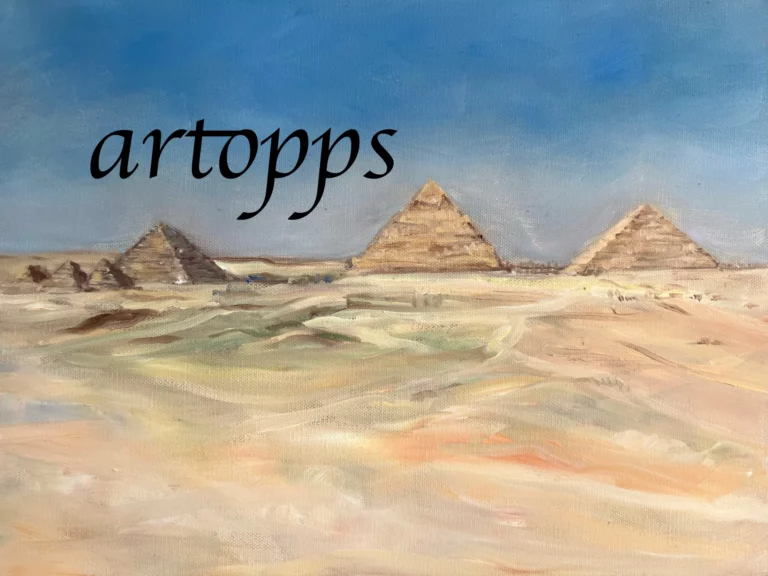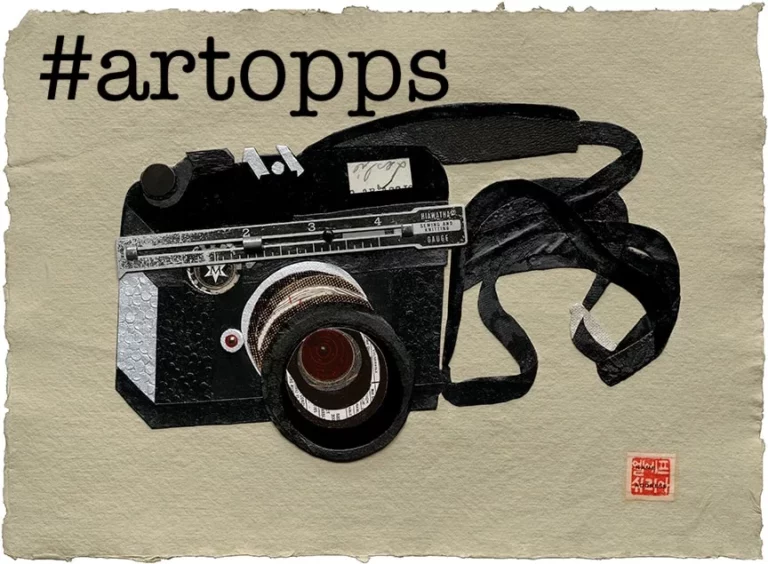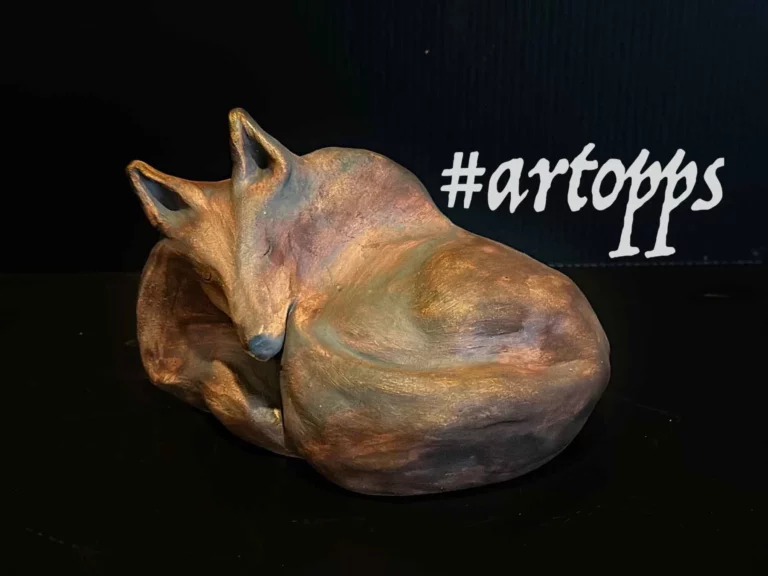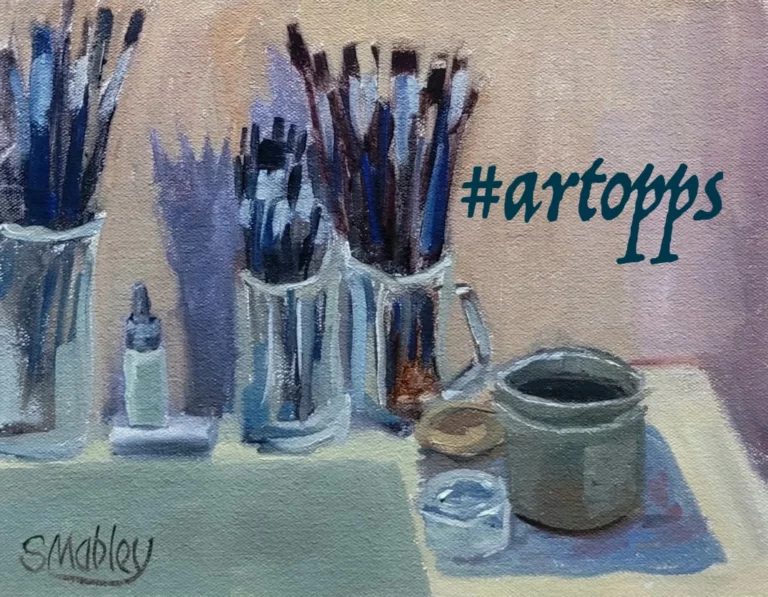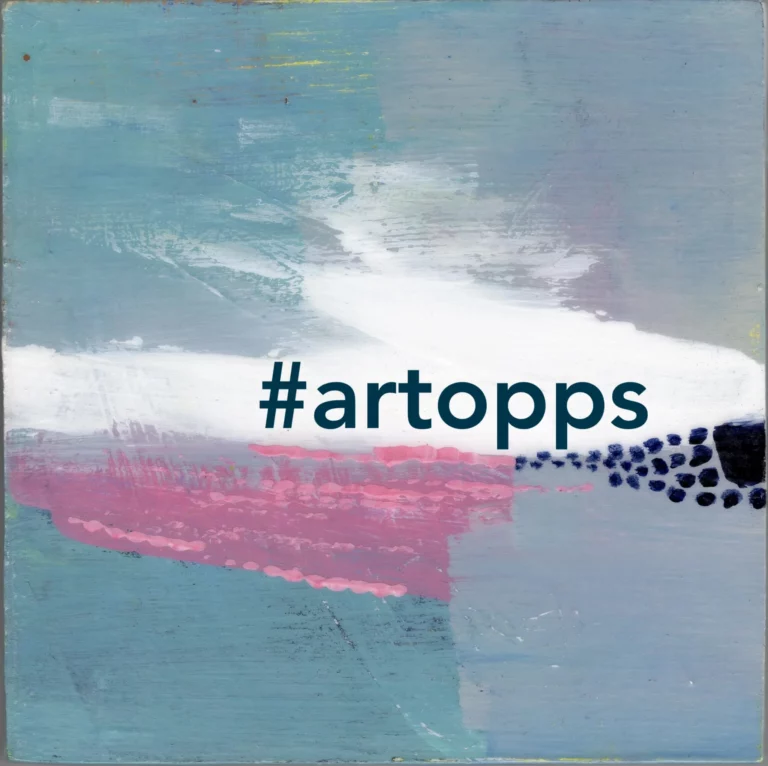Kathleen Best Gillmann’s Winter Landscapes
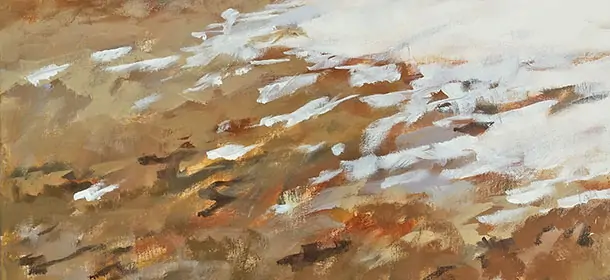

Today’s guest post is by Kathleen Best Gillmann, whose work, March Thaw (Coastal Maine, 11) won the Gallery Director Award for Best in Show in the January Open exhibit. We asked her to tell us more about how the painting came to be, her palette, painters she admires, and what’s next for her artwork:
The goal
My goal in painting March Thaw was to capture the briskness, barrenness, and beauty of this location.
To accomplish this, I started with a stark white, primed canvas. I often tone the canvas before I begin painting, and that tone (sometimes an exotic purple or burnt orange) will undoubtedly affect the temperature of the final painting. This painting, however, needed to feel cold so I didn’t tone the canvas. March Thaw was also going to include a lot of white, so I thought perhaps I could utilize some of the raw primed canvas in the final work.

The palette
Titanium white is an opaque, cool white paint appropriate for the coldness of late winter snow and cumulous clouds. As this is a winter scene, I used a lot of neutral colors – browns like burnt umber and burnt sienna, yellows like Naples and Yellow Ochre, and Torrit Grey (Gamblin).
“March Thaw is a very evocative snowy landscape with a great sense of space and atmosphere. I very much appreciated the abstraction of it—the open, white shapes in the foreground and middle ground, which really allow the painting to breathe.” — Ephraim Rubenstein, exhibit juror
I rarely put black from a tube on my palette. I usually mix my black from the colors on my palette creating cool or warm dark tones as needed. I don’t generally see true black outdoors during daylight hours, consequently I rarely put it on my palette.
When I begin any landscape painting, I put out my full palette of colors (warm and cool colors) arranging them from the violets through red, yellow, blue (the primaries) ending with the neutrals (browns). White, and a black I mix, go in the center bottom of my palette.
When painting landscapes, I use very little red except to create more interesting purples, blues, greens, and pink when needed. For this painting I used very few manufactured greens from a tube because it is a winter scene – I remember using some Olive Green (Gamblin). For pine trees, I love the greens I can get mixing Ultramarine Blue, my yellows plus a brown.
The place
March Thaw is the 11th painting in a series called “Coastal Maine” which I started in 2011. Other paintings in this series include three that were in my solo exhibition at the Art League Gallery in July 2016: Solitude, River of Rocks, and Secrets Revealed which may be familiar because it was used on the post card & exhibit poster.

All four of these paintings depict scenes near or on Parsons Beach in Kennebunk, Maine. March Thaw presents a meadow merging into salt marsh – a place I have passed numerous times on my way to the beach. I’ve been there in all seasons and in many types of weather because I grew up and Maine and still visit often.
Because this is a favorite place, I have painted scenes of this beach and the surrounding landforms a least a dozen times. Last summer, I exhibited March Thaw for the first time with two small paintings beside it inspired by the same location behind the beach: Great Hill, Snow Waning and Salt Marsh Pines. These two smaller paintings are related to March Thaw by location and subject matter: all three are winter scenes. The two smaller paintings are in a different series (“Intertidal”) because they include a tidal creek.

The studio
When I began painting professionally in 2010, I used acrylic paints at the start. I reintroduced oils (hadn’t used it since college) to my repertory in 2012. I continue to work in both acrylic and oil. When starting a painting one of my earliest decisions is which medium to use: acrylics or oils? I chose oils for March Thaw because oil paint has more body than the acrylic paints I use (Liquitex, heavy body) and is great for creating texture like in the grasses and rotting snow in this scene.

I admire the work of many artists living and deceased. Some of my favorite painters are Winslow Homer, Andrew Wyeth, Fitz Henry Lane, Edward Hopper, George Bellows, Edward Henry Potthast, and others.
I’ve been distracted this month and haven’t had much time in my studio lately. So, to jump start my creativity I pulled out an experimental canvas last week and began painting a semi abstract still life in acrylic. I have several unfinished canvases in my studio waiting for my attention including two oil paintings that are winter scenes related to March Thaw.
So, I’ve enjoyed this conversation, but now back to the easel!
Thank you, Kathleen Best Gillmann
P.S. To see more of my work please come to Arches Gallery, Workhouse Arts Center, Lorton, VA or visit www.VeryBestFineArt.com or find me on Facebook: Kathleen Best Gillmann – Very Best Fine Art.
The January Open Exhibit is on view through February 4, 2018.
Can't get enough?
Sign up for our weekly blog newsletter, subscribe to our RSS feed, or like us on Facebook for the latest Art League news. Visit our homepage for more information about our classes, exhibits, and events in Old Town Alexandria, Virginia.
